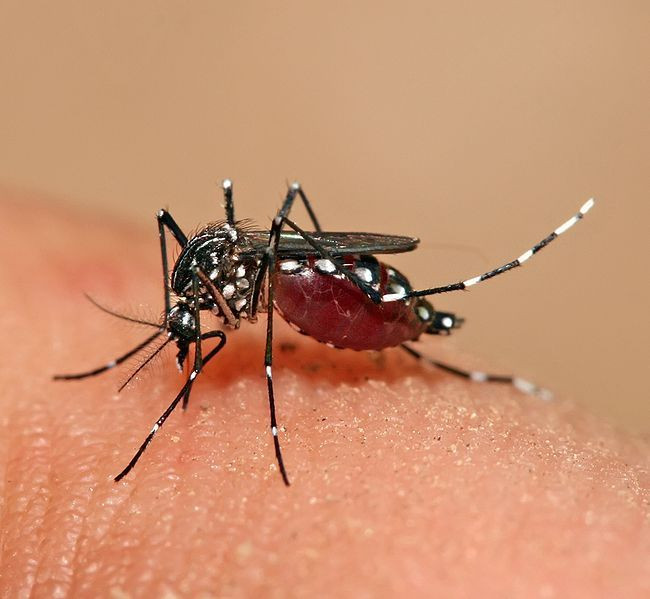Sun Safety Health Tip Of The Day: Saturday

If you spend time outside, especially in warm weather, you may find yourself wanting to use both an insect repellent and a sunscreen. Both sunscreens and repellant contain chemicals that have been deemed safe separately, but is the combination equally nontoxic?
The Centers for Disease Control and Prevention recommends that consumers avoid products that mix sunscreen with DEET insect repellent. Unlike repellents, sunscreens are meant to be applied liberally and often, so using a product that combines DEET and sunscreen could result in unnecessarily high exposure to repellents. After testing products with DEET, the Environmental Protection Agency concluded that, as long as consumers follow label directions and take proper precautions, insect repellents containing DEET do not present a health concern. Human exposure is expected to be brief, and long-term exposure is not expected.
Some believe that it is safe to use a combination product once and then reapply with a sunscreen-only product, but another complication arises with this method. Insect repellants may reduce a sunscreen's SPF by up to one-third.
Never put repellent on your face or on a baby. You should also wash off the repellent after you're done with your outdoor activities. It's best to apply sunscreen before repellent, if only because repellent should be applied less generously than sunscreen.
Remember: You don't need insect repellent to avoid bugs. Being indoors or sitting on a screened patio can protect you, even a fan can be sufficient to deflect mosquitoes. Wearing long sleeves and pants also help. Consider, too, remaining indoors during peak mosquito feeding times — around sunrise and sunset.
Source: Murphy ME, Montemarano AD, Debboun M, Gupta R. The effect of sunscreen on the efficacy of insect repellent: a clinical trial. Journal of the American Academy of Dermatology. 2000.



























